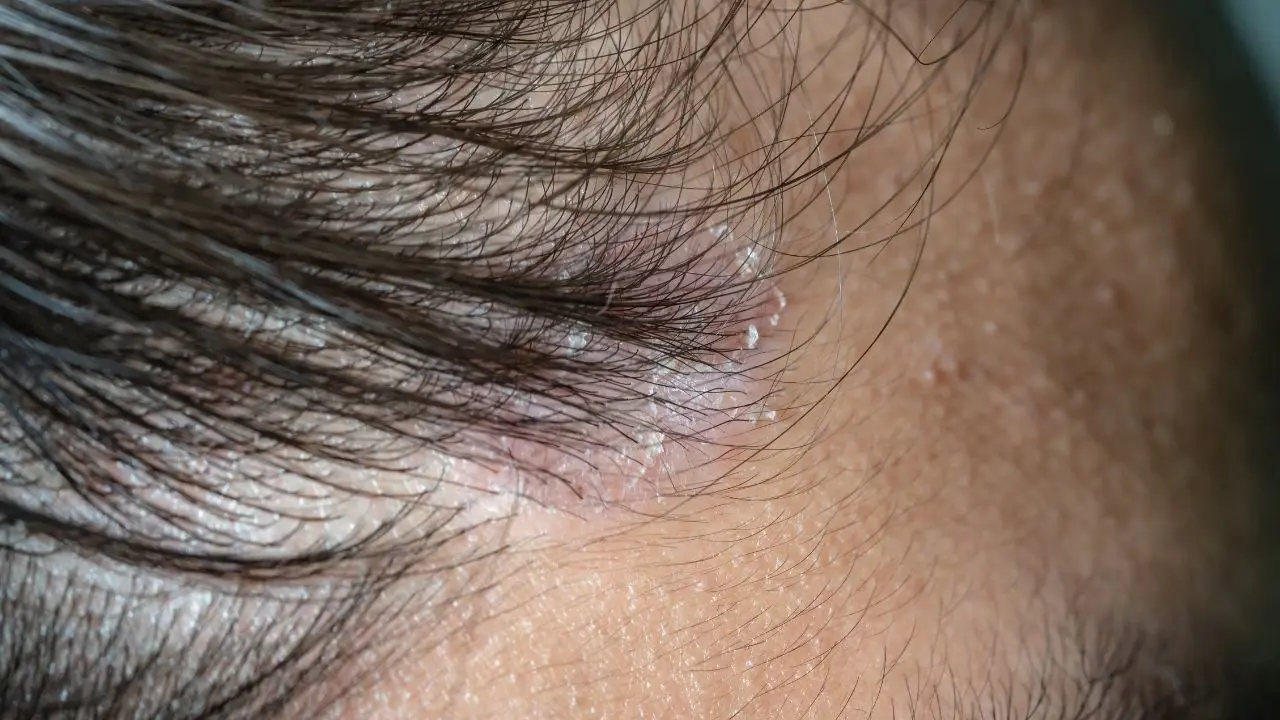
Hair diseases encompass a wide range of conditions affecting the scalp, hair follicles, and hair shaft. These conditions can result from various factors, including genetics, hormonal changes, autoimmune disorders, infections, nutritional deficiencies, and external factors such as styling practices and environmental exposure.
Androgenetic Alopecia (Male and Female Pattern Baldness): The most common cause of hair loss in both men and women, characterized by progressive thinning of hair on the scalp due to genetic and hormonal factors.
Alopecia Areata: An autoimmune condition that causes sudden, patchy hair loss on the scalp or other areas of the body. It occurs when the immune system mistakenly attacks hair follicles, leading to hair loss.
Telogen Effluvium: Temporary hair shedding that occurs due to significant stress, illness, hormonal changes, or certain medications, leading to a disproportionate number of hair follicles entering the resting (telogen) phase of the hair growth cycle.
Traction Alopecia: Hair loss caused by repeated tension or pulling on the hair follicles, often due to tight hairstyles such as braids, ponytails, or hair extensions.
Trichotillomania: A psychological disorder characterized by the recurrent urge to pull out one's hair, leading to noticeable hair loss and bald patches.
Scalp Conditions: Various scalp conditions, such as dandruff (seborrheic dermatitis), scalp psoriasis, fungal infections (tinea capitis), and folliculitis, can affect the health and appearance of the scalp and hair.
Hormonal Hair Loss: Hormonal imbalances, such as those occurring during pregnancy, childbirth, menopause, or thyroid disorders, can contribute to hair thinning and loss.
Nutritional Deficiencies: Inadequate intake of essential nutrients like iron, zinc, biotin, and vitamins (e.g., vitamin D, vitamin B12) can lead to hair loss and poor hair health.
Genetic Disorders: Rare genetic disorders, such as alopecia universalis (complete loss of hair on the scalp and body), may result in severe and widespread hair loss.
Infections: Fungal infections, bacterial infections, and parasitic infestations of the scalp can cause hair loss and scalp irritation.
Treatment for hair diseases varies depending on the underlying cause and severity of the condition. It may include medications (e.g., minoxidil, finasteride), topical treatments (e.g., corticosteroids, anthralin), lifestyle modifications, dietary supplements, scalp treatments, and in some cases, surgical interventions (e.g., hair transplantation). It's essential to consult with a dermatologist or healthcare professional for proper diagnosis and personalized treatment recommendations tailored to individual needs.
